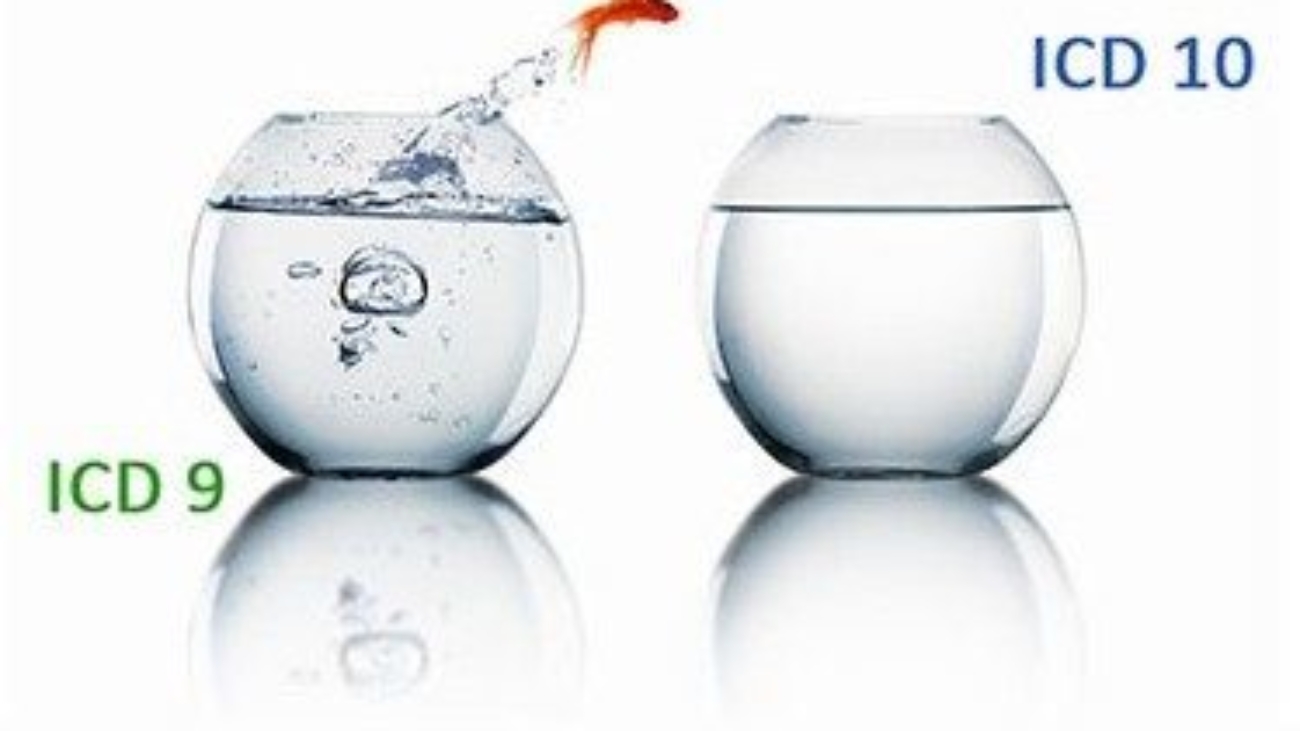With the switchover to ICD-10 just nine months away, many healthcare groups are rushing to be ready for go-live.
ICD-10 is the biggest change in standard healthcare coding systems for the year 2014. ICD-10 will have a huge impact on every system, process and operation that uses a diagnosis code. As important details about implementation are available, providers and healthcare specialist should think about how to deal with ICD-10, which will significantly grow and change the familiar codes payers and providers have used for years.
Centers for Medicare and Medicaid Services have plans to transition all diagnosis codes from the ICD-9 system to the ICD-10 system in 2014. That transition applies to all providers and the date is absolute, with no exceptions for a grace period.
Imagine if you have to transfer thousands of ICD-9 CM codes and descriptions to the appropriate ICD -10 CM versions manually. It would be time consuming and exertion without using an electronic coding system.
Adopted ICD-10 to classify diseases and related health problems because of the benefits it provides such as:
Reimbursement – It would enhance accurate coding and payment for services
rendered.
Quality – ICD-10 would improve quality of care and documentation.
Particular – ICD-10 is specific enough to identify diagnoses and procedures precisely.
According to World Health Organization, the ICD helps with the storage and retrieval of diagnostic information and national mortality and morbidity statistics.
The ICD-10-CM revision has more than 68,000 diagnostic codes, compared to the 13,000 found in ICD-9-CM. The revision also includes twice as many categories, and it introduces alphanumeric category classifications for the first time.
According to U.S. Department of Health and Human Services the new deadline for ICD-10 is October 1, 2014.
